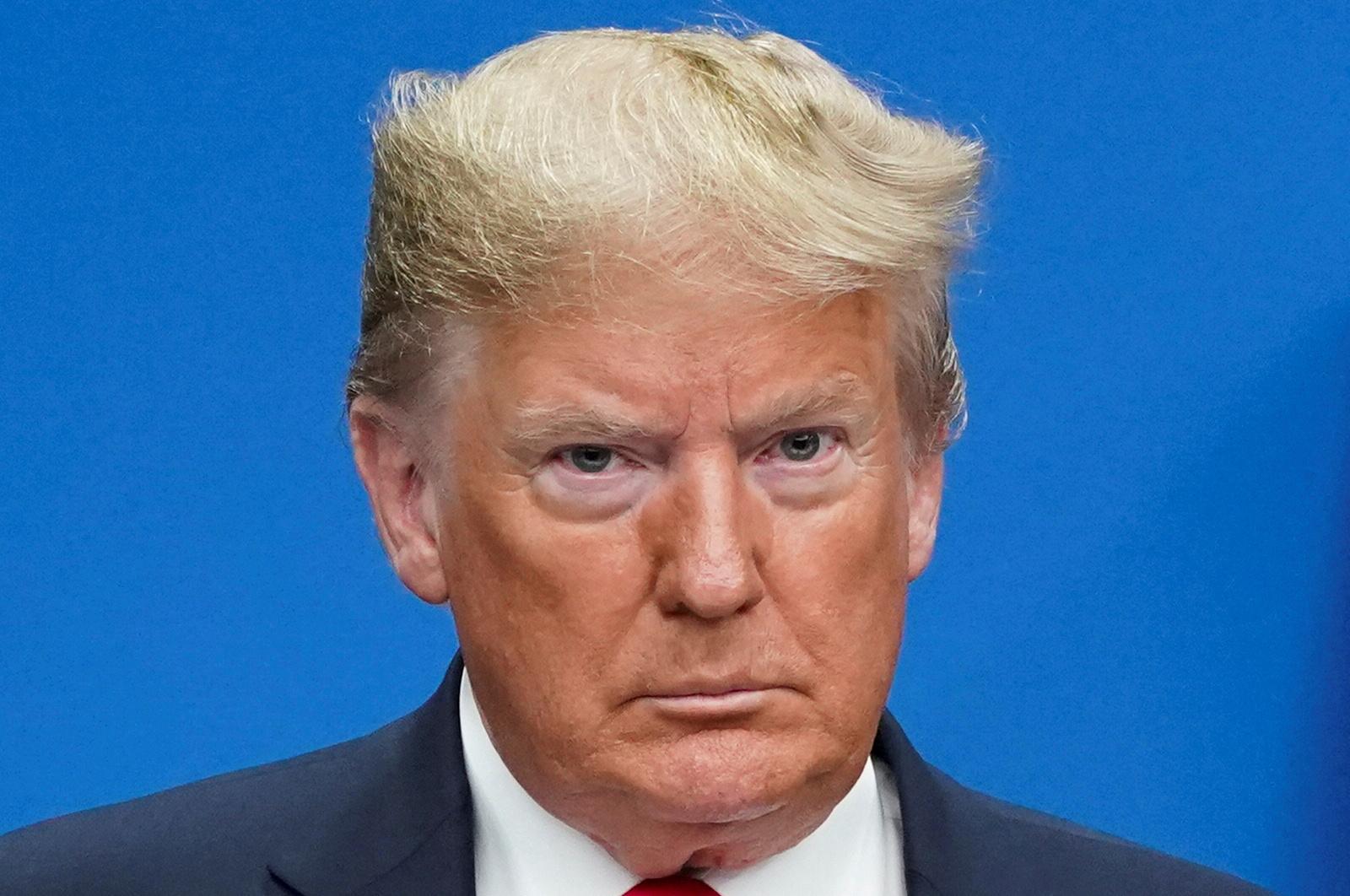It is possible to convert a Trump supporter. I know because I did it
Vinny and I first met at culinary school, and he was worried that white men were becoming demonized


Your support helps us to tell the story
From reproductive rights to climate change to Big Tech, The Independent is on the ground when the story is developing. Whether it's investigating the financials of Elon Musk's pro-Trump PAC or producing our latest documentary, 'The A Word', which shines a light on the American women fighting for reproductive rights, we know how important it is to parse out the facts from the messaging.
At such a critical moment in US history, we need reporters on the ground. Your donation allows us to keep sending journalists to speak to both sides of the story.
The Independent is trusted by Americans across the entire political spectrum. And unlike many other quality news outlets, we choose not to lock Americans out of our reporting and analysis with paywalls. We believe quality journalism should be available to everyone, paid for by those who can afford it.
Your support makes all the difference.A lot of people on the left will tell you that Trump supporters are stuck in their ways, and unwilling to talk to the other side. They’ll tell you the country is too divided for open-minded discussion. They’ll tell you that support among the president’s die-hard fans has remained consistent, irrespective of his policies and politics. There is some truth to that — but I happen to know that it is possible to convert a Trump supporter.
I know this because I helped convert one.
My friend Vinny and I met in 2011, when we were culinary students together in New York City. We have a long history of political conversations. “I voted Obama two terms, and Obama was the first president that I was legally able to vote for,” he told me, not so long ago. His support for Obama was based, broadly, he said, on the former president’s speaking skills and manner: “I did not really know much about politics, and I was young and went based on that gut, emotional feeling.”
Vinny comes from an Italian immigrant family, and he identifies the majority of his family members as socially conservative. Over time, he became disillusioned with Obama.
“I felt like that eight years passed by and that, in hindsight, I didn’t see much of a change,” he said. “I felt like, being in New York specifically, it started to get a little out of control. And I started to worry about myself. I was in a serious relationship, and I was going to get married. I spent so much time worrying about the world, and I started to have this mindset of: I need to start thinking about my family.” As a candidate, Vinny said, Trump was able to capitalize on this personal brand of disillusionment, as well as Vinny’s base desire to look out for himself and for the people close to him.
He liked that Trump was an anti-establishment candidate. He liked that Trump, as he saw it, had nothing to gain financially from politics, since he was already rich. Vinny disliked Hillary Clinton, and he liked that Trump was a political outsider who had business acumen. When Vinny’s father-in-law pointed him to Fox News, he began watching that station as a sort of rebellion. “I felt like the mainstream media was attacking Trump. They were just throwing things out there,” he said. “And I think the mainstream media turned me off so much that I almost wanted to rebel against that, and I wanted to get into the Trump camp.”
And so, in 2016, Vinny pulled the lever for Donald Trump.
If you ask Vinny today whether or not he would consider voting for the president a second time, he is absolute: he would not. That change comes, in part, from general outrage triggered by the president’s behavior. And it also comes, he said, from conversations he had with me, in which I urged the solicitation of a broader perspective. In the matter of national interests over global ones, he said, “I learned that it doesn’t work. It’s not that easy to say, ‘Let’s just build a wall.’ That’s just irresponsible and impractical.”
Vinny also sees the president’s rhetoric differently now than he did when he initially voted for Trump. “You taught me to think a little bit deeper, and that a tweet might affect somebody in ways that I can’t even begin to process,” he said when I asked him about that. “And as much as I thought that I was able to empathize with different races and cultures, I just can’t. I will never be black or Hispanic or a woman or gay. I would roll it off and say, ‘This guy is crazy,’ but it’s much deeper than that.”
A few months ago, Vinny and I had a conversation about the supposed demonization of white men, after he watched a clip of former first lady Michelle Obama speaking about race. That conversation, he said, was an important step in his own personal evolution. “You talked about how racism is not just words, and it’s a systemic problem,” he said. “Being a white male in New York City… I feel like a minority. I feel like I did something wrong.” That feeling of otherness could have caused Vinny to dig his heels in. Actually, it provoked a different kind of feeling.
“For the first time in my life, I’m getting 0.0001 per cent of what an actual minority might feel like,” he said. Vinny was able to widen his perspective on disenfranchisement, applying it to groups that had been targeted forever. It gave him a different sense of what it feels like to live in a world where your rights are not a guarantee.
How were my conversations with Vinny compelling? For one, he said, they were not emotional. “There was always fact, logic, and reason behind each point,” he said. I also encouraged him to seek more information in forming opinions. “The main thing speaking to you taught me was to read. Go back to history. Understand the entire picture.” Time and again, I directed him away from cable television and toward non-biased news sources, where he could learn fact and, later, extrapolate his own opinion. To his credit, he listened.
I know that it might be foolishly aspirational to believe that we can get from Point A to Point B just by engaging in deep, serious conversations with one another, but this is one example — albeit an anecdotal one — of the possibility. What if we could shift the paradigm with reason, and logic, and fact? What if even the most intractable among us was capable of changing his or her mind? It could mean a very different political landscape for 2020.
As Vinny himself said, “I’m an Italian New Yorker. If I can change, everyone can change.”
Join our commenting forum
Join thought-provoking conversations, follow other Independent readers and see their replies
Comments